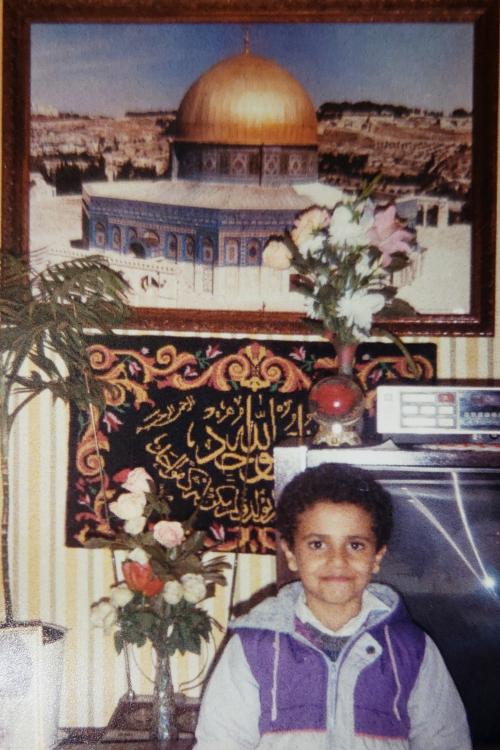
When Muhammad Elbgal was six years old, his family moved to the U.S. from Yemen looking for a better life. They settled in Berkeley, California, where his parents ran corner stores.
Early on, something didn’t sit well with Elbgal about the store; they sold alcohol in an area where many people were impacted by poverty, alcohol and drug abuse, and the criminal justice system. In addition, his family is Muslim, a religion that prohibits using alcohol.
“When we came to the U.S., the kids who took me in and befriended me were African American,” Elbgal recalled. “South Berkeley was an impoverished area and many of my friends were from broken homes, had incarcerated relatives and were harassed by the police.
“I wondered why my life was very different than theirs. We were in a privileged position and how were we using that position? It led me to question what we were doing to the community.”
Through his experience in the store and interacting with customers, Elbgal became interested in social justice issues. He attended UC Davis, receiving a bachelor’s degree in sociology in 2007, and went on to earn a master’s degree in social work at California State University, East Bay. Today, he is a licensed clinical social worker for San Mateo County, working with families on a wide range of issues, from coaching for parents to therapy for children to connecting families to community resources.
Pursuing an education and career, then starting a family, has prevented him from ever going back to Yemen, where he has extended family.
“There are times I do feel alienated from the Yemeni community,” he said. But in recent years, he has been getting more involved, in part through his two daughters who he hopes will understand and embrace their heritage. “I’ve never been back to Yemen, which is really unfortunate. I always put it off and now that I’m feeling like I really want to go, it’s impossible because of the war.”
